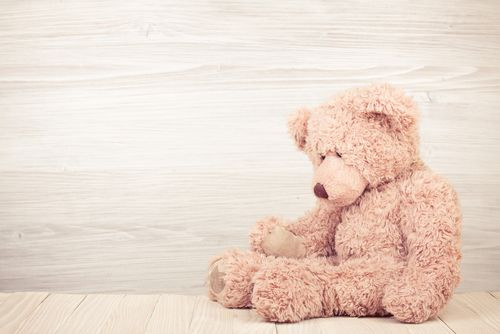Parental Favoritism Puts Kids' Health At Risk; Least Favored 4 Times More Likely To Abuse Substances

Favoritism, more often than not, is written off as friendly, family banter. There’s no way your parents could love your brother or sister more than you, right? Not so fast. A new study published in the Journal of Family Psychology found some families do play favorites — and it can be associated with future drug use.
Alex Jensen, lead study author and professor at Brigham Young University, looked at the perceived preferential treatment among different types of families, categorizing those that weren’t close to one another as “disengaged families.” Within disengaged families, children who considered themselves slightly less favored were almost twice as likely to use alcohol, cigarettes, and other drugs. If a child’s perception was greater than that, they were nearly four times more likely to abuse substances.
"With favoritism in disengaged families, it wasn't just that they were more likely to use any substances, it also escalated," Jensen said in a press release. "If they were already smoking then they were more likely to drink also. Or if they were smoking and drinking, they were more likely to also use drugs.”
Interestingly, it’s not just the act of a parent playing favorites. It is how a child perceives that treatment. Jensen found perception increased risk for substance abuse even more than the actual treatment. This finding is on par with a separate study from the University of Washington that found within the workplace, discrimination isn’t a result of hostility, but the more subtle acts associated with favoritism. An employer or parent may not consciously treat someone differently, but the other person still sees it differently. It’s that perception that’s more significant.
On the opposite end of the spectrum, this link didn’t exist at all in families that took a strong interest in one another. Quality relationships at home make for happier children. As prior research has shown, happy children equals happy adults. These children are also 60 percent less likely to develop a mental disorder later in life.
The solution then, for parents who play favorites, according to Jensen, is to simply show all their children more love than they already are. And as children grow up, developing their own interests and identity, parents should do their best to be supportive. As he said, “more warmth and less conflict is probably the best answer.”
Source: Jensen A, Whiteman S. Parents’ differential treatment and adolescents’ delinquent behaviors: Direct and indirect effects of difference-score and perception-based measures. Journal of Family Psychology. 2014.
Published by Medicaldaily.com



























